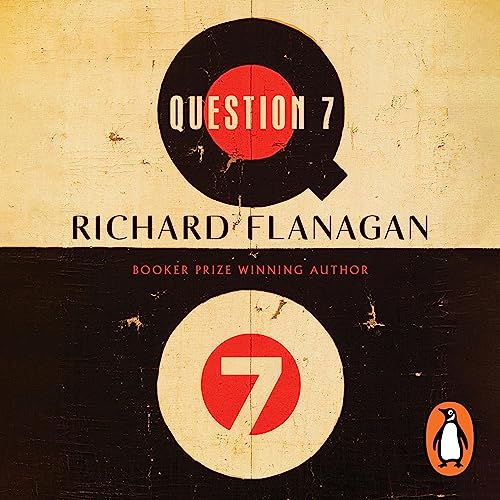What do you think?
Rate this book


Audiobook
First published October 31, 2023
Each of us has a public life and private life. But beyond both is a secret life that baffles us… If it is a question that can never be answered, it is still the question we must keep asking, if only in order to understand that life is never binary, nor reducible to cant or code, but a mystery we at best apprehend. In Chekhov’s stories, the only fools are those with answers.
He saw the world aslant. It was for him a great tragicomedy in which the comedy was made poignant by the tragedy and the tragedy rendered bearable by the comedy.
We will have arrived back on Wells’s time traveller’s dying beach, alone, in a dimming twilight. If I were a sculptor this would be my art: rusting machinery without purpose rising out of oily scum. People might see it as beauty or meaning. But they would be wrong. It would be what remains.
the genocide was our invention and not theirs, as though the totalitarian slave system was our choice and not their gulag. How marvellous, to have an empire, reap its robbed riches, and yet etch its colonial failings on the colonised, to write on our bodies that we were the vulgar arriviste, the barbarian, the savage, that their judgement was our crime.
Wednesday, June 17, 1881, a train had to leave station A at 3 a.m. in order to reach station B at 11 p.m.; just as the train was about to depart, however, an order came that the train had to reach station B by 7 p.m. Who loves longer, a man or a woman?
I studied history, an idea of time formed over 3000 years of human experience in Europe, which, I discovered, made perfect sense of European time, stopping at all the stations of European progress and European thought. […] But it made no sense of Tasmania.
Perhaps the only reply that can be made to Hiroshima is to ask question 7.
The novel is not the genre of answers, but that of questions: writing a novel consists of posing a complex question in order to formulate it in the most complex way possible, not to answer it, or not to answer it in a clear and unequivocal way; it consists of immersing oneself in an enigma to render it insoluble, not to decipher it (unless rendering it insoluble is, precisely, the only way to decipher it). That enigma is the blind spot, and the best things these novels have to say they say by way of it: by way of that silence bursting with meaning, that visionary blindness, that radiant darkness, that ambiguity without solution. That blind spot is what we are.
7. Wednesday, June 17, 1881, a train had to leave station A at 3am in order to reach station B at 11pm.; just as the train was about to depart, however, an order came from that the train had to reach station B by 7pm. Who loves longer, a man or a woman?
It’s what is happening now. This has always happened, is happening and will happen in the future. Yolŋu people have always sat/are sitting/will always sit under the shaded resting place named Buṉumbirr at this place and were thinking/are thinking/will think about the fish that they will catch later in the day.
Listen to the sound of Bunbuyŋu Miyarama (the ancestors’ voices) …
the sound of the Miliwurrwurr (Rirratjiŋu clan) people talking…
anticipating the sweet taste of the fish.
The past is in the present is in the future. Our ancestors were here, are here and will be here, waiting for the tide to go out so the fish can be caught. Yambirrpa has always provided fish for Yolŋu people and it will continue to.
’Wednesday, June 17, 1881, a train had to leave station A at 3 a.m. in order to reach station B at 11 p.m.; just as the train was about to depart, however, an order came that the train had to reach station B by 7 p.m. Who loves longer, a man or a woman?’
Who?
You, me, a Hiroshima resident or a slave labourer? And why do we do what we do to each other?
That’s question 7.”
It was only many years after it happened that I began to understand. That what occurred is still occurring. I wrote about the story in one way a long time ago for another novel, my first. Though I tried to be honest, it was still happening and so it was dishonest. That’s what I couldn’t see then that I see now, that though it happened then it’s still happening now and it won’t ever stop happening, and that writing about it, that writing about anything, can’t be an opinion about what happened as if it had already happened when it is still happening, still unintelligible, still mysterious, and all writing is trapped in tenses when life isn’t. Life is always happening and has happened and will happen, and the only writing that can have any worth confounds time and stands outside of it, swims with it and flies with it and dives deep within it, seeking the answer to one question: who loves longer? (p.99).